Next continues to deliver for investors amid warmer weather: the retail technology week in numbers
Do you like numbers? Do you like retail systems news? Then this is the article for you. Including Primark, Yocuda, IGD, Centra, H&M Group, 7Learnings, Jumpmind, BirBir, Currys, Zebra Technologies, Onebeat, and M&S.
11.4%...Next reported this week that its first quarter full price sales were up 11.4% (+6.5% expected).Full year pre-tax profit has been upgraded by £14 million to £1,080 million.
Aarin Chiekrie, Equity Analyst, Hargreaves Lansdown, says: “Next continues to deliver for investors, with yet another profit upgrade continuing its hot streak. Sales over its first quarter were well ahead of expectations, nearly double the group’s forecasts. In the UK, both online and in-store sales powered higher at mid-single digits."
"There had been some weakness from in-store sales of late, but it looks like the better weather has convinced shoppers to head to stores to try before they buy. Next remains cautious about the outlook for future footfall, and in-store growth is expected to return to being broadly flat over the rest of the year.”
“Overseas growth was the standout though, growing at an eyewatering pace of nearly 30%. Given the untapped size of these markets, there’s a big opportunity if Next can execute its expansion plans well."
"Much of the overperformance over the period has been put down to warmer weather, which has pulled forward demand for summer-weight clothing. Alongside some tough comparable numbers and Next’s expectations that National Insurance increases will begin to weigh on the economy, sales guidance for the rest of the year has been maintained for now.”
$1 trillion...IGD has released a Global Convenience Trends Report 2025 which reveals significant changes ahead for the convenience retail sector. Sales are projected to exceed $1 trillion by 2029, driven by a compound annual growth rate (CAGR) of 4.1%.
Retailers need to embrace new convenience models, enhance store formats, and integrate digital tools, while suppliers need to adapt product strategies to emerging food trends and convenience needs.
The report outlines five key global trends shaping the future of convenience retail:
Tech evolution: Convenience retailers must use technology to streamline operations, enhance the customer experience, and drive growth. Areas to look at include retail media, loyalty apps, and creating a seamless omnichannel experience.
Food mission: Convenience retailers can differentiate themselves by showcasing a range across both food-to-go and food for later propositions. They should explore different dayparts and global cuisines.
Shifting space: Convenience stores must strategically allocate space to differentiate with non-grocery categories and value-added services. Promptly adapt to new legislation by adding facilities that help shoppers adjust to changes.
Targeted value: Transaction sizes are small, making value a critical lever to drive frequency. Value is not just about price; it’s about adding interest to daily luxuries and building stronger engagement with shoppers.
Striving for better: Adopt sustainability and health initiatives to enhance brand image, improve operational efficiency, and meet consumer demand for eco-friendly and healthier products. These efforts can lead to long-term cost savings and customer loyalty.
€40 million...Primark has announced a new €40 million investment in five new stores in Italy: one each in Rome, Biella, Perugia and two in Naples, which will bring its Italian store footprint to 26.
Primark has been in the country since 2016, opening its first location at the ‘Il Centro’ shopping centre, Arese, Milan. Since then, it has expanded to 18 across the country, including a flagship store and regional office in Milan.
The new additions will feature self-service checkouts alongside traditional cashier checkouts.
Luca Ciuffreda, Director of Primark Italy, says: “I’m so proud of our growth journey in Italy: in just nine years, we’ve expanded to 18 stores across ten provinces and there’s so much more potential. We’re thrilled to unveil a further €40 million investment to continue our expansion, create new jobs and support local communities.”
“We know our Italian customers love our kidswear, as well as brilliant basics including pyjamas and underwear, and our incredible team work hard every day to bring our unbeatable value in fashion, beauty, and homeware to customers across Italy. And we’re not stopping here - stay tuned, because there’s even more to come.”
€10 million...7Learnings, a provider of AI powered retail optimisation technology, has raised over €10 million in Series B funding to scale its solutions, with a strong focus on North America. The round was led by Acton Capital, known for backing companies like Etsy, mytheresa, and Clio, with continued support from High-Tech Gründerfonds (HTGF).
“We’ve built a profitable business by delivering measurable results for our customers,” says Felix Hoffmann, CEO and Co-Founder at 7Learnings, which was founded in Berlin during 2019. “Amid trade uncertainties, inflation, and supply chain challenges, better decision intelligence is now business-critical. This investment enables us to bring our technology to more retailers worldwide, especially in North America.”
“With the continued pressure from inflation and shifting consumer behaviour, plus the renewed impact of US tariffs, 7Learnings has been instrumental in helping us adapt,” says Timo Bethlehem, Managing Director at meinemarkenmode.de.
The fashion retailer, a 7Learnings client for five years, reports a 13% revenue increase thanks to predictive pricing.
SEK 50 million...Centra has announced an investment from H&M Group. The exact amount involved, which gives H&M Group a minority stake in Centra, was not disclosed in a press release, although media reports put it at SEK 50 million.
The cash will be used for research and development, as well as to scale up in Europe and the US.
Centra was founded in 2016 and operates as an e-commerce platform for fashion companies that want to sell directly to consumers. It has partnered with several H&M brands, including COS, ARKET, & Other Stories and Weekday, which all transitioned to the firm’s platform in 2024.
"We started Centra with the simple idea that there’s a better way to run a global fashion brand. Our approach is different from the rest of the market - we focus on providing fashion specific solutions that help brands scale and innovate in ways others can’t,” says Martin Jensen, CEO at Centra.
“The results we’ve seen with H&M's portfolio brands show how effective this approach is, and the investment from H&M Group is a strong vote of confidence in the value we’ve built together. We’re excited to continue driving innovation and proving that there’s a better way for fashion brands to thrive in today’s fast changing commerce landscape."
"We’ve been truly impressed by Centra’s journey so far. Their ability to combine deep industry insights with technical innovation is helping fashion brands solve real challenges in e-commerce. That’s why we’re proud to strengthen our partnership through this investment, supporting Centra’s continued growth and the next phase of their exciting journey ahead,” says Nanna Andersen, Chief of New Growth & Ventures at H&M Group.
71%...New research from digital receipt provider Yocuda finds 71% of UK grocery customers choose a digital receipt when offered one in-store, rising to 81% of those who buy groceries every day.
Yocuda surveyed 1,015 UK consumers about their grocery shopping habits, with 79% stating they would like to receive a digital receipt each time they use their loyalty card in-store and 63% expecting retailers to provide personalised offers based on their purchasing history.
Most people agreed that retail was shifting toward paperless receipts, with 85% believing there will be no or fewer paper receipts within five years. This rose to 93% amongst consumers buying groceries every day.
“These insights confirm what we at Yocuda have long understood: UK consumers are ready to move beyond paper receipts, not just for convenience, but because they expect more sustainable and personalised solutions,” says Edward Drax, Managing Director at Yocuda.
“We are witnessing grocery become one of the fastest growing sectors for digital receipt adoption, whether integrated into loyalty apps or offered at checkout. The conversation is no longer about whether digital receipts will become the norm within grocery stores, but when.”
65%...A new survey by Retail Systems Research (RSR) finds 65% of retailers feel their current in-store technology does not support modern shopping experiences.
Sponsored by retail technology provider Jumpmind, RSR surveyed 112 retail executives and store managers between December 2024 and January 2025 and found most say their current technology does not allow them to offer the customer experience they want and need to provide.
While most retailers (85%) say their stores remain their primary growth channel, 62% noted that customers are demanding store experiences that they cannot currently provide.
PoS technology is a particular issue for most retailers, with just 47% agreeing that their current system supports an innovative or differentiated store experience. A third of survey respondents say their PoS is actively holding them back.
For 34% of retailers, consumer adoption of new technology is moving too fast for them to keep up and 31% believe new technology is prohibitively expensive.
Most retailers, however, are confident in investing in mobile technology, with 63% stating that mobile devices are helping to free up store manager time and offer operational visibility. Assisted selling and endless aisle technologies are also popular, with 70% planning to invest here in the next 12 to 18 months.
More than a third of respondents observe that hyper-informed consumers are a threat to their business and 41% feel the rise of online competitors is eroding the value of their stores. Direct-to-consumer retail is also seen as a threat by 38% of respondent while 28% consider same-day shipping from e-commerce businesses a threat.
$10 million...BirBir, an Uzbekistan-based peer-to-peer (P2P) classifieds platform, has raised $10 million in funding. The investment will be used to accelerate the company’s growth, allowing it to enhance its product offering, including AI driven features, scale its engineering team, and expand its presence in Uzbekistan and beyond.
Founded in 2023 by FinTech entrepreneur Alexander Pekin and EdTech strategist Alexander Bayzarov, BirBir was created to solve a gap in Uzbekistan’s e-commerce landscape: the need for a convenient, mobile first platform that simplifies buying, selling, and trading goods. It is currently attracting over 500,000 active monthly users and facilitating three million monthly sessions.
The platform supports local languages and enables users to buy, sell, or rent a wide variety of goods, from electronics and household items to vehicles and real estate.
$15 million...Onebeat, an inventory optimisation and execution platform, has announced its official US market launch backed by $15 million in funding led by Schooner Capital.
This brings the Israel-based company’s total funding to date to $30 million.
Founded in 2018 and built on the principles of the Theory of Constraints, Onebeat was developed by global supply chain specialists from the Goldratt Group. It works with the likes of Calvin Klein, Panasonic, and Aramis.
“Retailers today don’t need more data - they need intelligent AI driven execution,” says Dr. Yishai Ashlag, CEO and Co-founder at Onebeat. “That’s why we built Onebeat as a new kind of AI powered retail operating system - one that translates data into real-time, revenue driving execution.”
“This investment from Schooner Capital is more than capital - it’s a powerful vote of confidence in our global impact and our vision. With their support, we’re ready to scale our momentum and bring agile, intelligent retail to the US market.”
9.47 million...Following the news of the M&S cyber attack, CARMA, which specialises in brand reputation and media intelligence, analysed how the story evolved with a focus on public trust, customer impact and crisis response.
The incident has cost the retailer millions of pounds in lost sales and a lower share price. M&S has not said what or who knocked out its online ordering systems, paused deliveries and lef empty shelves in stores. But media reports have suggested that ransomware called DragonForce was used in the attack.
Between 29th and 30th April, CARMA’s data shows:
The story generated 9.47 million impressions across UK online mainstream media in just 48 hours
84.6% of news carried a negative sentiment, driven by concerns over disruption, security and leadership visibility
Within 48 hours, tone shifted with growing focus on financial loss, stock issues and personal impact on customers
No consistent named M&S spokesperson appeared with most quotes were attributed to anonymous spokespeople
• Globally, the story has now reached over 495.4 million potential impressions in the UK (53.5%) and US (34.9%)
900...Zebra Technologies says it has saved 900 management hours over a two-month period at UK electronics and tech retailer Currys.
Currys, which operates 296 retail stores across the UK and Ireland, wanted to improve scheduling, communication and task allocation.
“At many branches, task management and workforce allocation weren’t as effective as they could be,” says Brad Porter, Process Product Support Manager at Currys. “Store managers were spending excessive time manually adjusting colleagues’ schedules, leading to inconsistent availability.”
Using Zebra Technologies’ scheduling and task management software, Currys was able to give its frontline workers more time to spend on customer service, improve workload distribution and implement certifications for job roles.
“During the busiest shopping season, we were able to cut store schedule edits by 8,000 per week, preventing a total of 90,000 edits from November to the end of December,” adds Nathan Holland, Workforce Management Systems Development and Insight Analyst at Currys. “That has saved us approximately 900 management hours which were reallocated to customer-facing activities.”
Currys has since expanded its use of Workcloud Task Management to include the coordination of a number of operational and promotional activities beyond compliance tasks. Zebra Technologies says this will enable targeted task distribution, reduce email clutter and ensure relevant information reaches the right people at the right time.
The software also gives visibility to all levels of the business, allowing teams to identify and resolve issues. Currys has also improved resource allocation by mapping out annual operational plans and aligning staff resources with business objectives and compliance requirements.
65%...A new European study suggests consumers in the UK are more eco-conscious than those in Germany or the Netherlands as 65% consider sustainability when making a purchase.
Management and technology consultancy BearingPoint surveyed 4,000 people across the UK, Germany, France, Italy, and The Netherlands about their purchasing habits.
It found two thirds of UK consumers say they consider sustainability when making a purchase decision, compared to 59% of those in Germany and 60% in the Netherlands. The UK was slightly behind both Italy and France where 74% of consumers think about going green.


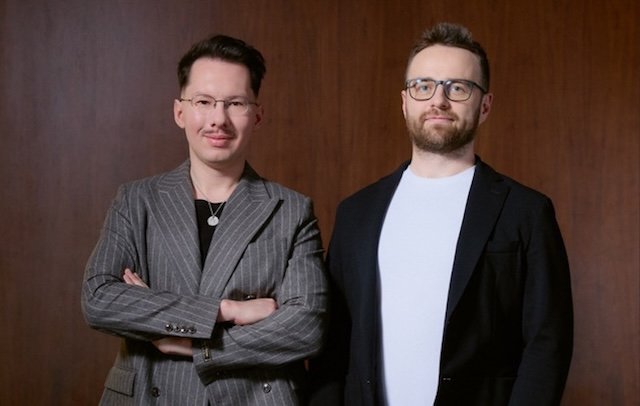
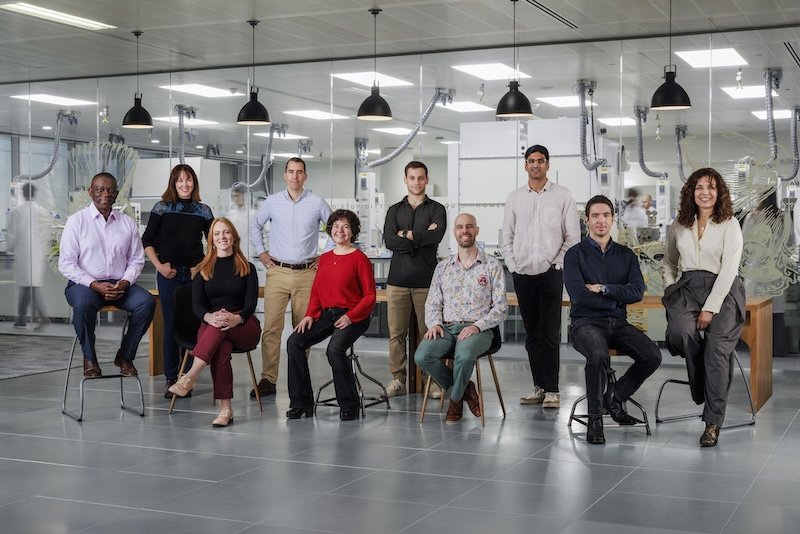

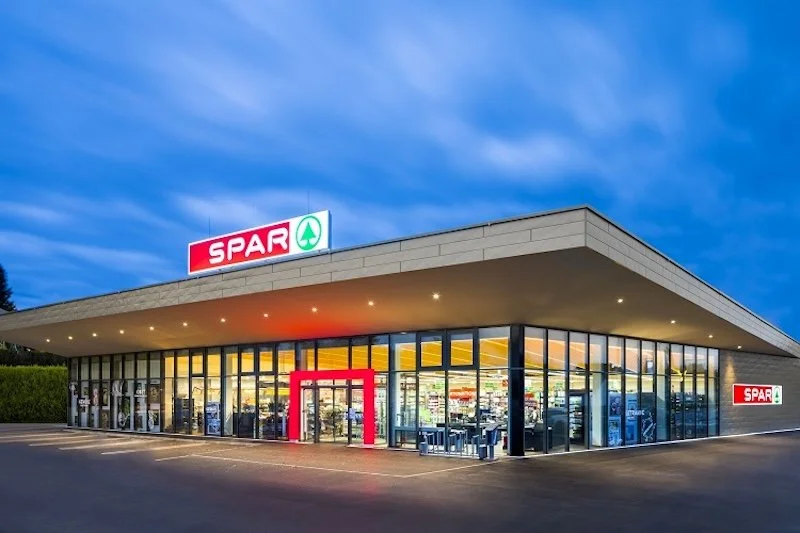
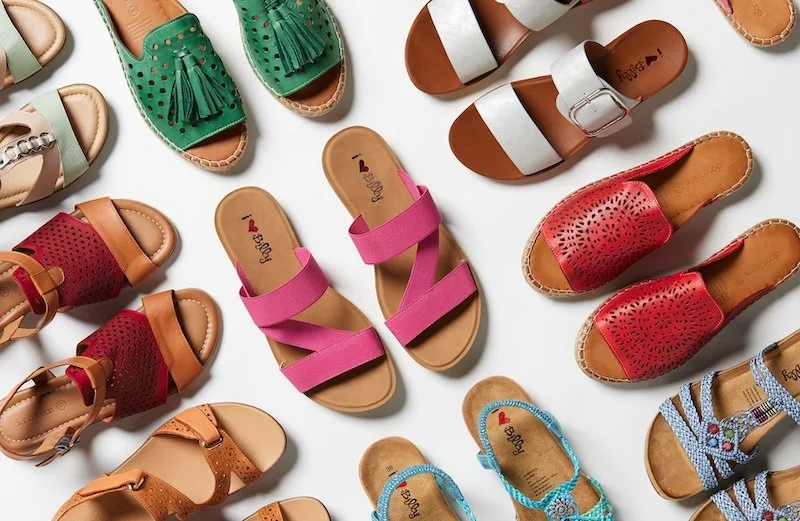
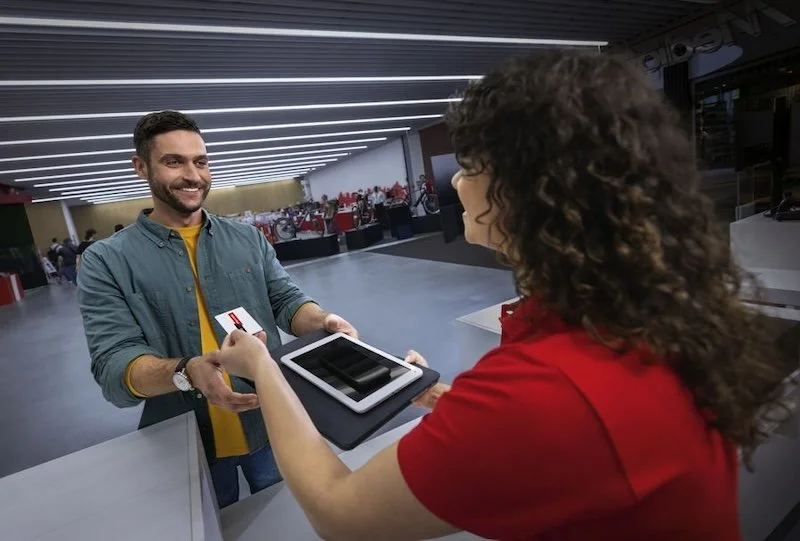
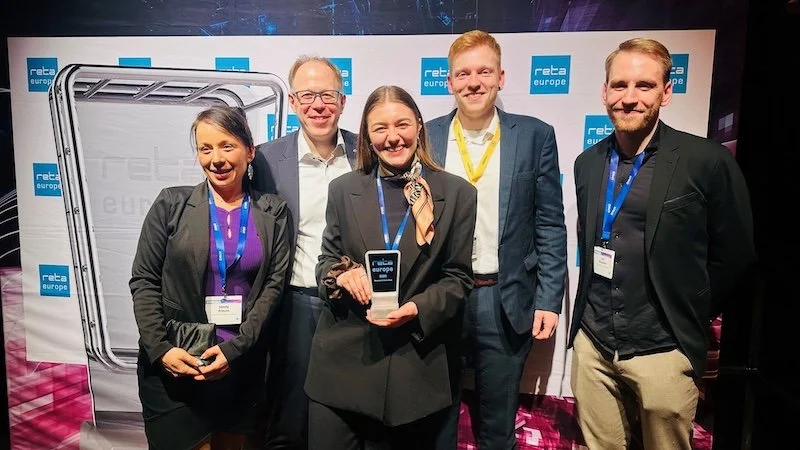



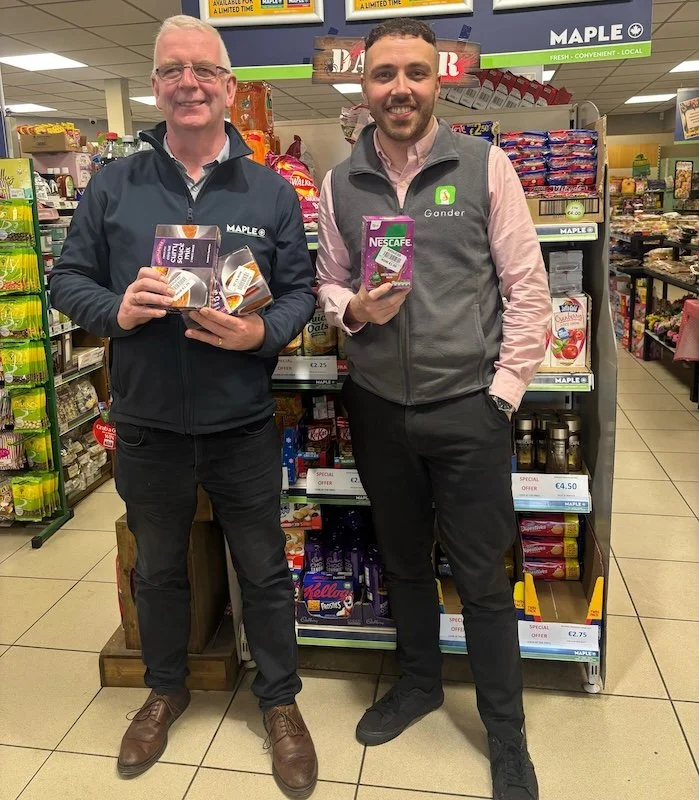

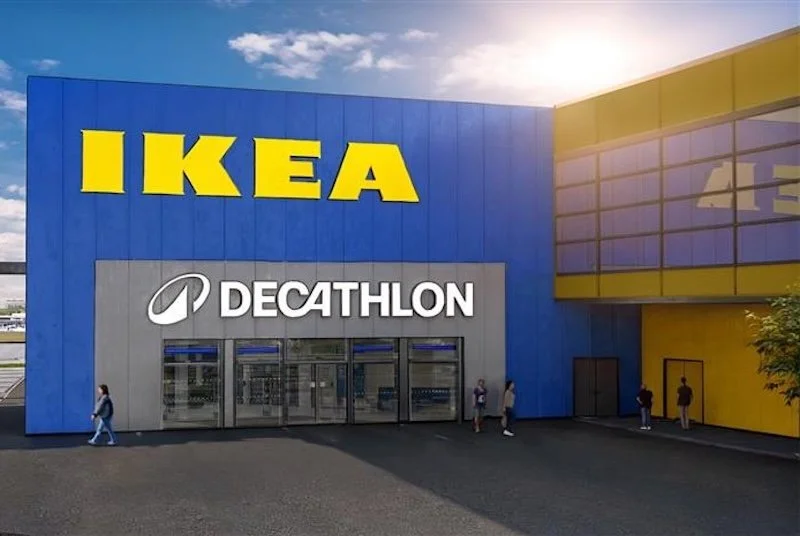

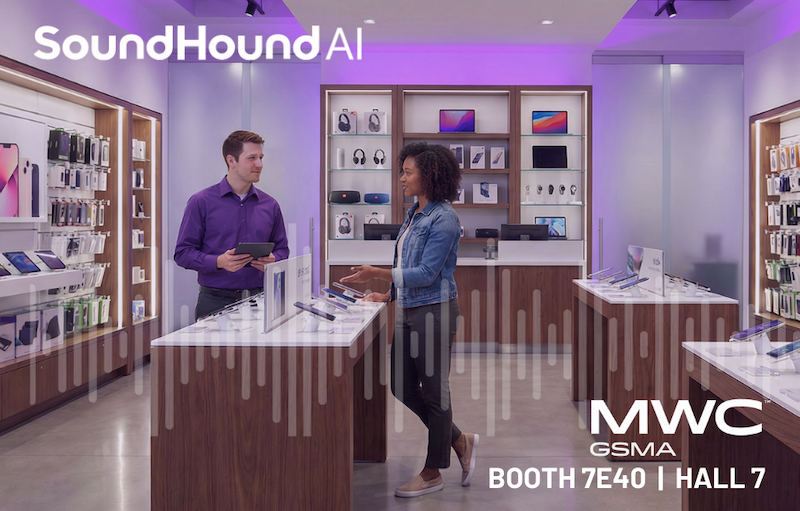














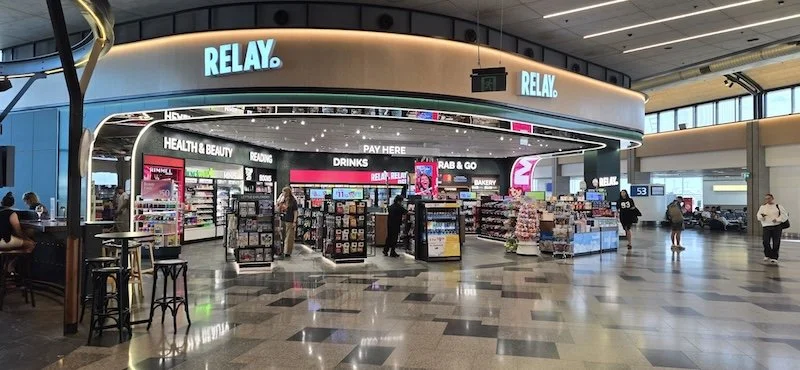
Continue reading…